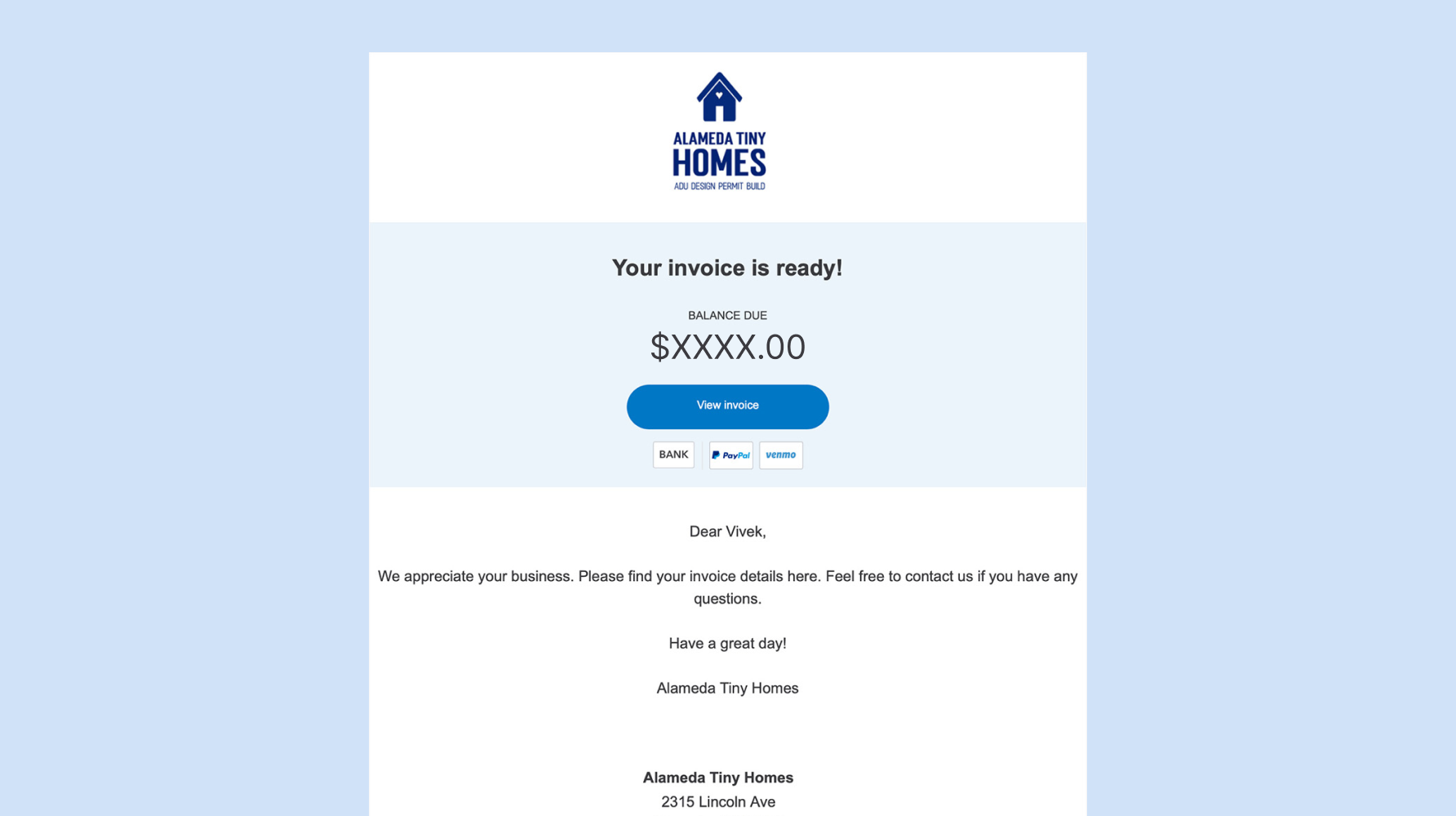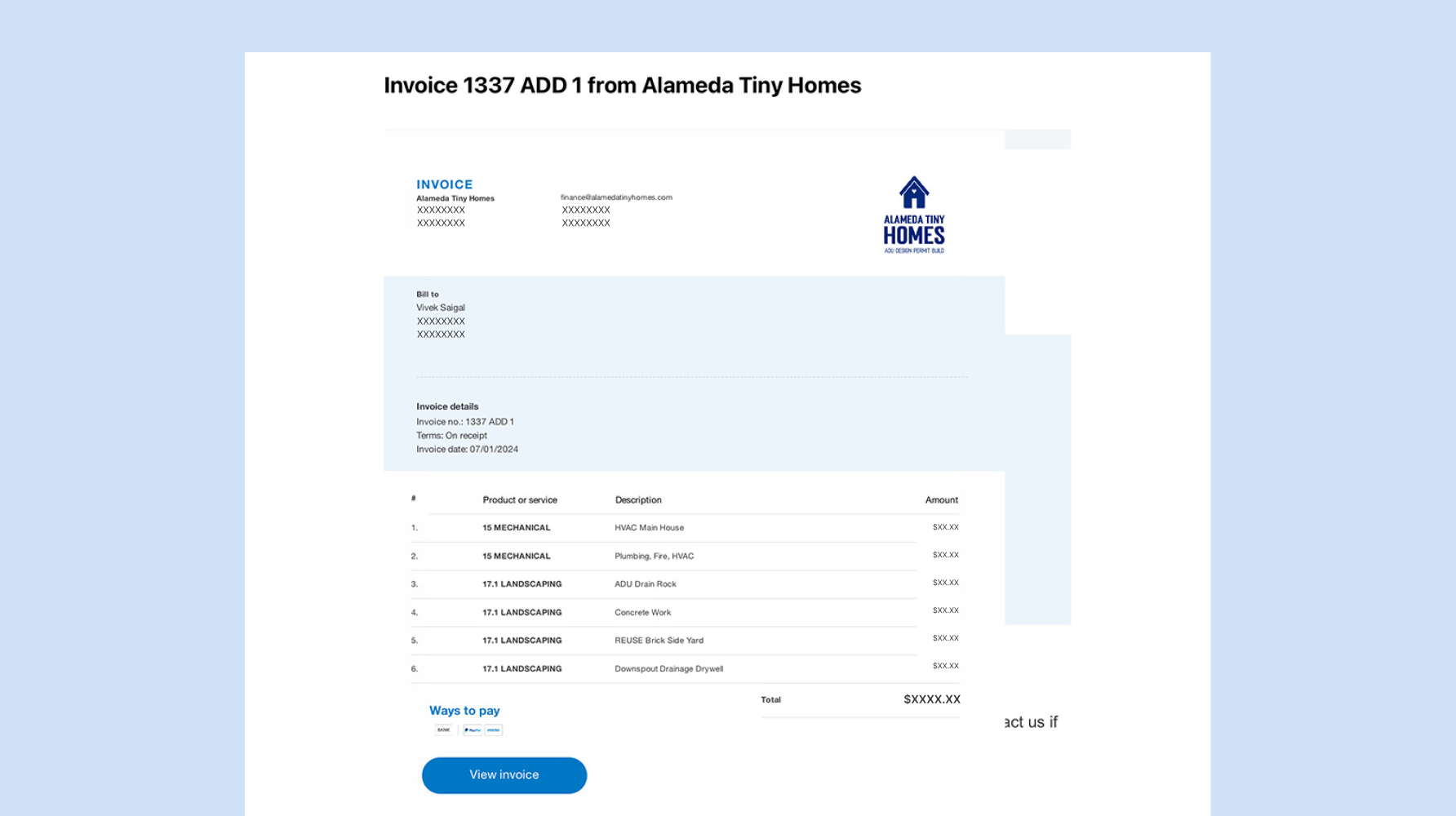How we grew invoicing from 175k customers a month to 1.6 million
Plus, how the lessons I learned got me into systems thinking
Printed invoice design
Email invoice design
VIVEK SAIGAL
Printed invoice design
Email invoice design
Problem
We were designing invoices for accountants, but business owners see invoices as a key part of their brand. We missed the mark by not letting them tailor the invoice to their needs.
Solution
We made invoicing more customizable and saw a 9x increase in users, but our one-off solution created new design and tech debt. It was a humbling learning lesson.
Then I decided to dive into the world of systems design. ↓
We had imagined invoicing from the perspective of an accountant, not the business owner who sends the invoices.
Research showed us that business owners thought of their invoices as representative of their brand, not just an accounting convenience.
Small businesses want to control the appearance of the invoices they send, from font choices and colors to arranging fields. And it turns out professional-looking invoices are more likely to be paid.
We weren’t focused on letting businesses tailor their invoices to their needs.
We thought customers wanted to design invoices from scratch, but they didn’t need that much control. They just didn’t want to be locked into a one-size-fits-all invoice solution.
We gave customers a good starting point to add their branding.
We reimagined the workflow, and designed it to meet customer expectations. We made it easy to select from invoice templates, apply color choices, and include their logos.
The new designs are robust, and translate from online to mobile to print with ease.
A finished, customized invoice.
July 2022
175,000
customers per month using invoices
July 2024
1,600,000
customers per month using invoices
I learned an important lesson that stuck with me ever since.
We were only able to solve part of the problem. What finally shipped improved the existing invoicing flow, but from a systems point of view, we’d only created new design and tech debt.
Time and resource constraints meant we were never able to implement a proper systems solution, using standard components. Instead, the final design is full of snowflakes—single solutions that can’t be reused. And many of these small inconsistencies do surface in the product, creating an uneven experience for our customers.

Invoice as it appears on a laptop. Yikes.

Invoice as it appears on a phone. Double yikes.
We missed an opportunity to lean into the advantages of systems design. Had I realized how much tech debt our final approach created, I would have lobbied harder at the beginning of the project to take a different path.
My experience on this project showed me how powerful a systems approach could be. I pivoted to a role in what became the Design Systems Team, where I could apply my new insights, creating flexible, scalable design components and systems.